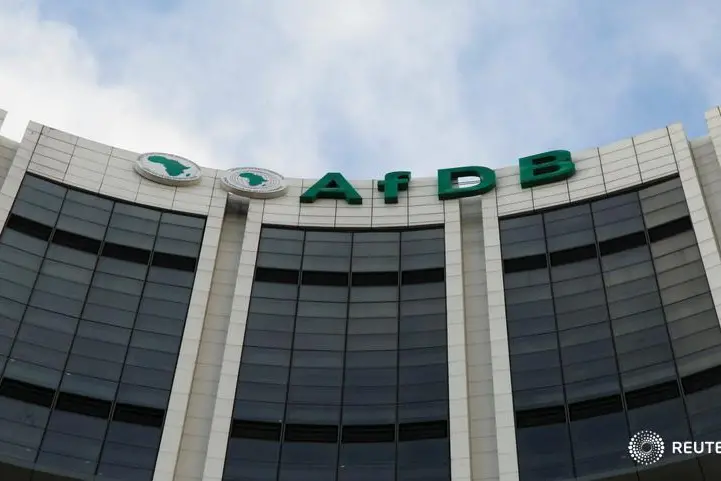PHOTO
LAGOS - The African Development Bank is looking to source around 500,000 tonnes of fertiliser for west Africa by the end of August as an emergency stopgap to avert a food crisis, a source with direct knowledge of the matter said.
The move is part of the bank's announced allocation of $1.5 billion to shore up the continent's food production due to the disruptions caused by the Russia-Ukraine war and to help with fertiliser as prices skyrocket, risking significantly lower crop yields.
The bank said there was a 2 million tonne fertiliser supply gap across the continent.
The bank said it has been meeting with chief executives of leading fertiliser companies in Africa and abroad to discuss fertiliser affordability, without confirming the volume sought.
"We are talking to partners and farmers as well. Fertiliser needs are two-fold at this time, half of the fertiliser in May and June for some planting seasons, depending on location across the continent. The second half, called a top dressing, is needed a month or two months later," the bank said in a statement to Reuters, adding that a country must request to participate.
The source said in a meeting in mid-May, it was agreed that the emergency volume could be sourced from Nigeria, supplying 300,000 tonnes of urea, and Morocco, supplying 200,000 tonnes of phosphates and blended fertiliser.
Morocco's OCP and Nigeria's Indorama attended the meeting but did not respond to requests for comment. Nigeria's Dangote confirmed the attendance of the fertiliser CEO but did not disclose details on the emergency volume.
Given the short timeframe to organise financing and logistics, the source said the countries which need it most - Ghana, Mali and Burkina Faso - may not receive enough fertiliser in time.
Nigeria faced a potential shortage of potash earlier this year after financial sanctions on Russia rattled banks and Uralkali was unable to deliver the fertiliser ingredient in time. Nigeria ultimately found alternative Canadian supplies and Russia will still deliver some volumes.
(Reporting by Julia Payne, additional reporting by Bate Felix in Dakar; editing by David Evans)





















